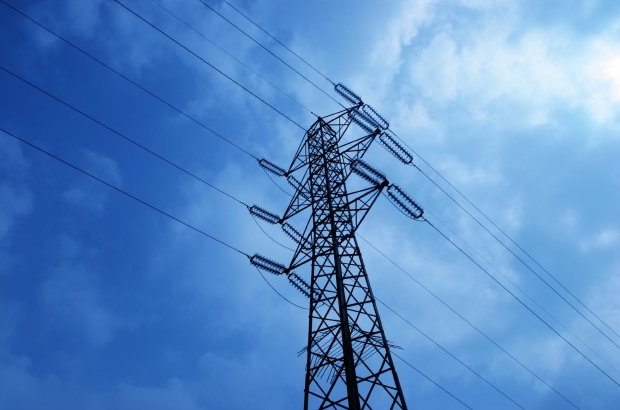- Daily & Weekly newsletters
- Buy & download The Bulletin
- Comment on our articles
Belgium unlikely to face electricity shortages this winter
Belgium will only run out of electricity in “very extreme situations” this winter, according to the new Winter Outlook from the European Network of Transmission System Operators for Electricity (ENTSO-E).
In general, this year’s report from ENTSO-E, which represents 39 electricity transmission system operators from 35 countries, found that supply will be better than last year across Europe. All identified risks to the energy supply this winter will be driven by weather conditions.
“Regional risks in France, Belgium and Great Britain are driven by the sensitivity of the demand in France to temperature and are present only under extreme weather conditions combined with high unplanned outages,” the report concludes.
According to ENTSO-E, the availability of production facilities in Belgium will be high this winter. Demand for electricity, meanwhile, will remain in line with that of previous years. Planned maintenance of power plants can also be postponed if necessary, the report said.
Therefore, in normal conditions, Belgium expects to keep its electricity export potential. Only in severe conditions with a high demand for electricity and little renewable energy available would it be structurally necessary to import electricity to cover shortages and additional outages, the report found.
The Outlook also notes specifically that, “for all planned outages during the winter that have an impact on the market, it is possible to delay the works in case of adequacy issues that require full exchange capacity. This is also the case on the request of neighbouring countries.”
Belgium’s transmission system operator for high-voltage electricity Elia has also confirmed to RTBF that no security issues in terms of supply are anticipated this year.
"We are in a better position than last year," the firm said. "Gas supplies in Europe are well stocked everywhere and the French nuclear fleet is also in a better position."
The Brussels-based company also said that when referring to “very extreme situations” that could cause supply risks, this meant “extreme periods of cold” or “unexpected failures of large units here or in France” and that “vigilance is always required”.



















